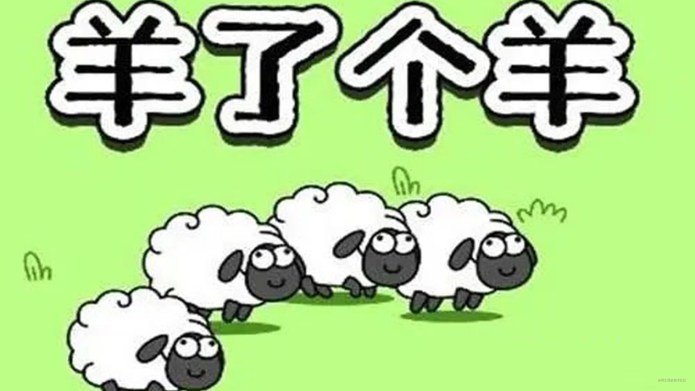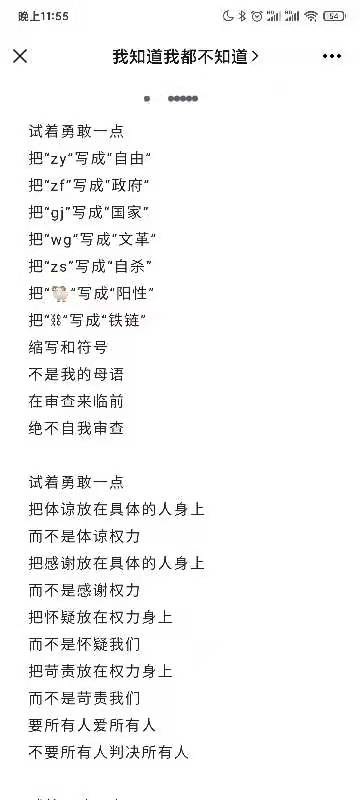Many of the people around me have tested positive for omicron. In Chinese, the word for positive is 阳性 (yáng xìng), and the pun is with 羊 (yáng) or “lamb.” In keeping with the animated pandemic, this means that most memes involve 🐑 puns. During the lockdowns, one of the most popular phone games was 羊了个羊, a game that can be played on WeChat. The game is similar to a 3-tile puzzle and indeed, some say its a rip off of the original Three Tiles. At any rate, tens of millions have played, posted about playing, and analyzed the play while locked down. Now, that people actually have joined the omicron herd, there is more talk about how to convalesce and take care of oneself. And there’s the rub: party members are being asked to put their bodies on the line. Below, I’ve translated a recent article from the headline news app (今日头条). The gist: a true Party member puts their body on the line for the good of the masses:
Continue reading








